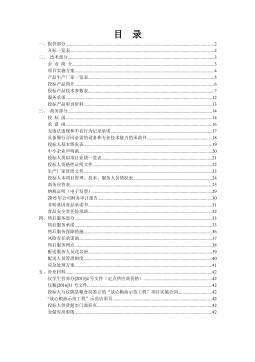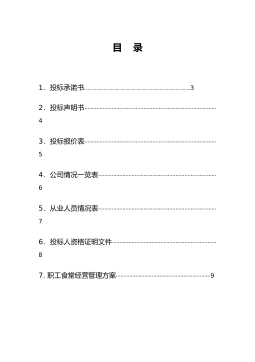云计算环境下基于遗传蚁群算法的资源调度研究
云计算环境下基于遗传蚁群算法的资源调度研究摘要近年来,互联网技术飞速发展,互联网上的任务量也随之逐步扩大。特别是Web2.0的出现,使得互联网上的数据量指数级增长。海量的数据和任务如何处理是当前互联网发展面临的一个重要问题。在这种背景下,基于分布式计算产生了网格计算,在网格计算的基础上,又诞生了划时代的云计算。这一2007年才崭露头角的新技术,仅仅过了半年多,就超过了网格计算的关注度。有研究者甚至将其列为继水、电、气、油之后第五种公用资源。迄今为止,传统的IT巨头如Google、亚马逊、IBM和微软等都推出了自己的云计算平台,争相抢占云计算市场先机。自问世以来,云计算已相继在网络搜索、科学计算...
相关推荐
-
公务员思想政治教育研究VIP免费
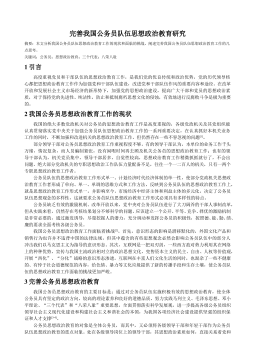
 2024-10-15 59
2024-10-15 59 -
在线社会网络中用户行为的实证分析与机制建模研究VIP免费
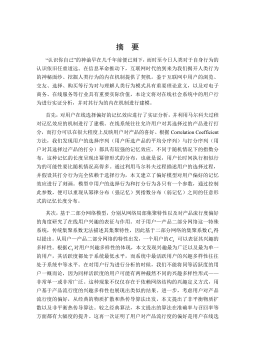
 2025-01-09 12
2025-01-09 12 -
智能优化方法对神经网络的改进及应用研究VIP免费
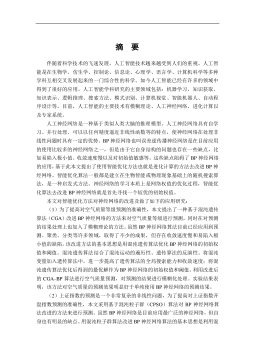
 2025-01-09 16
2025-01-09 16 -
鲜切哈密瓜保鲜技术研究VIP免费
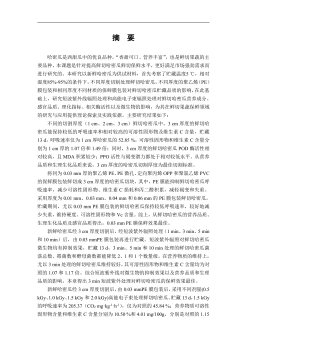
 2025-01-09 29
2025-01-09 29 -
小城镇道路网级配方法及应用研究VIP免费
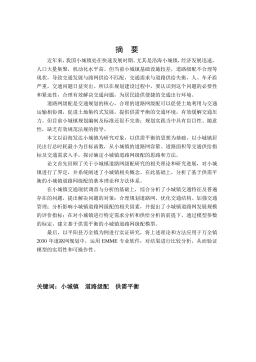
 2025-01-09 14
2025-01-09 14 -
医学信息集成测试系统的研究与实现VIP免费
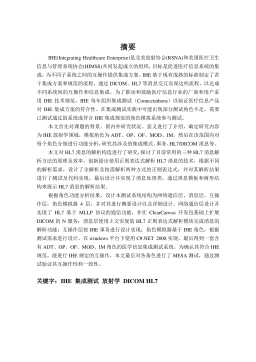
 2025-01-09 18
2025-01-09 18 -
余热驱动氨水吸收式制冷系统的理论及实验研究VIP免费
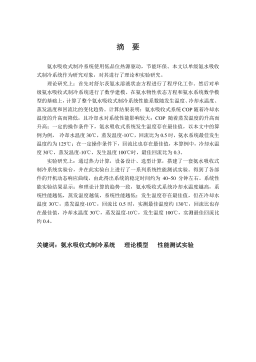
 2025-01-09 11
2025-01-09 11 -
喷雾降温技术适用性及热环境研究VIP免费
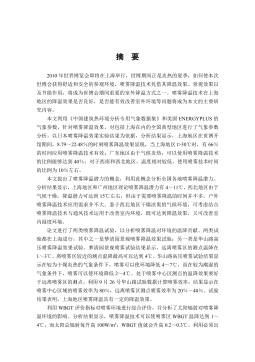
 2025-01-09 13
2025-01-09 13 -
收缩—扩张喷嘴的气泡雾化数值模拟VIP免费
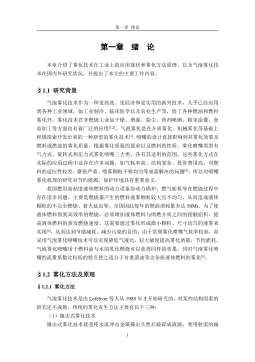
 2025-01-09 24
2025-01-09 24 -
支持供应链的工作流系统结构及其计划与调度的研究与应用VIP免费
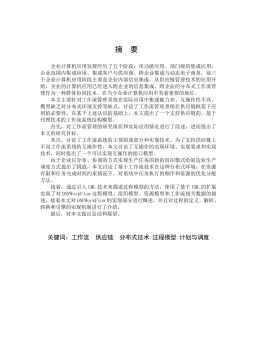
 2025-01-09 43
2025-01-09 43
相关内容
-

医学信息集成测试系统的研究与实现
分类:高等教育资料
时间:2025-01-09
标签:无
格式:PDF
价格:15 积分
-

余热驱动氨水吸收式制冷系统的理论及实验研究
分类:高等教育资料
时间:2025-01-09
标签:无
格式:PDF
价格:15 积分
-

喷雾降温技术适用性及热环境研究
分类:高等教育资料
时间:2025-01-09
标签:无
格式:PDF
价格:15 积分
-

收缩—扩张喷嘴的气泡雾化数值模拟
分类:高等教育资料
时间:2025-01-09
标签:无
格式:PDF
价格:15 积分
-

支持供应链的工作流系统结构及其计划与调度的研究与应用
分类:高等教育资料
时间:2025-01-09
标签:无
格式:PDF
价格:15 积分


